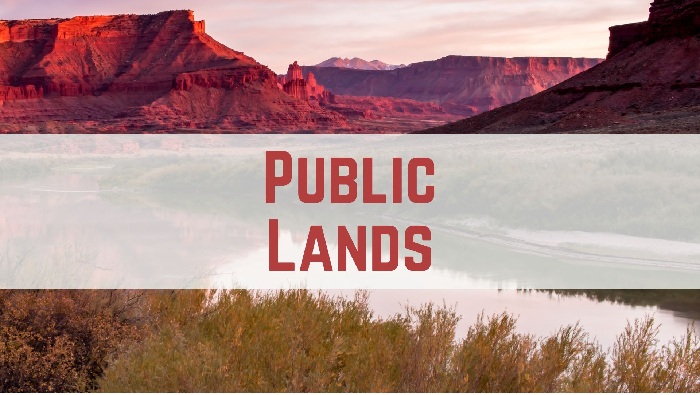A new proposal in Congress could enable federal agencies to sell millions of acres of public land, impacting Modoc County directly. The draft bill requires the Forest Service and Bureau of Land Management to identify “excess” parcels for potential auction to private buyers or local governments. Proponents argue that this plan would reduce federal costs, generate revenue to address the national debt, and place tax-exempt land on county tax rolls. They contend that isolated tracts of land, such as sagebrush or heavily logged areas, offer little public benefit and impose financial burdens on agencies for maintenance and fire protection. Local ownership, they believe, could facilitate logging, grazing, or development that would create jobs and revenue.
This proposal resonates in Modoc County, which is predominantly federally owned, resulting in limited tax bases and few options for housing or industrial expansion. County supervisors have expressed frustration that any new development must navigate a complex landscape of federal land and regulations. Some local leaders view the bill as an opportunity to acquire land for specific projects, such as forest thinning near communities or development of housing where infrastructure exists. Similar sentiments are echoed in neighboring Siskiyou and Lassen counties, where officials also see potential for improved fire protection and timber jobs with greater local control.
However, critics of the bill highlight significant risks. The legislation does not specify which lands would be sold, and its broad definition of “disposable” could encompass valuable areas like roadless forests, hunting grounds, and popular trailheads. Public lands in Northern California are crucial to the growing recreation economy, attracting hunters, anglers, and outdoor enthusiasts who support local businesses.
These lands also provide essential ecological benefits, including wildlife habitat, water supply protection, and natural fire breaks. The Warner Mountains and southern Cascades are vital for summer water supply, while mature pine forests help mitigate wildfire risks. Additionally, some lands contain culturally significant sites for Native tribes, raising concerns about potential loss of ancestral lands. Historically, once public land is transferred to private ownership, it is rarely returned to public hands.
Economists express skepticism about the proposed financial benefits. Rural counties often lack the necessary buyers or infrastructure to quickly monetize undeveloped land. Timber markets are strained, and large-scale housing developments require significant investment in infrastructure, which falls on county budgets. Outdoor tourism currently supports local economies without heavy infrastructure costs, and restricted access could threaten this source of income.
The political landscape is evolving. The Senate recently removed the land-sale provision from a budget bill due to a technicality, but sponsors plan to



